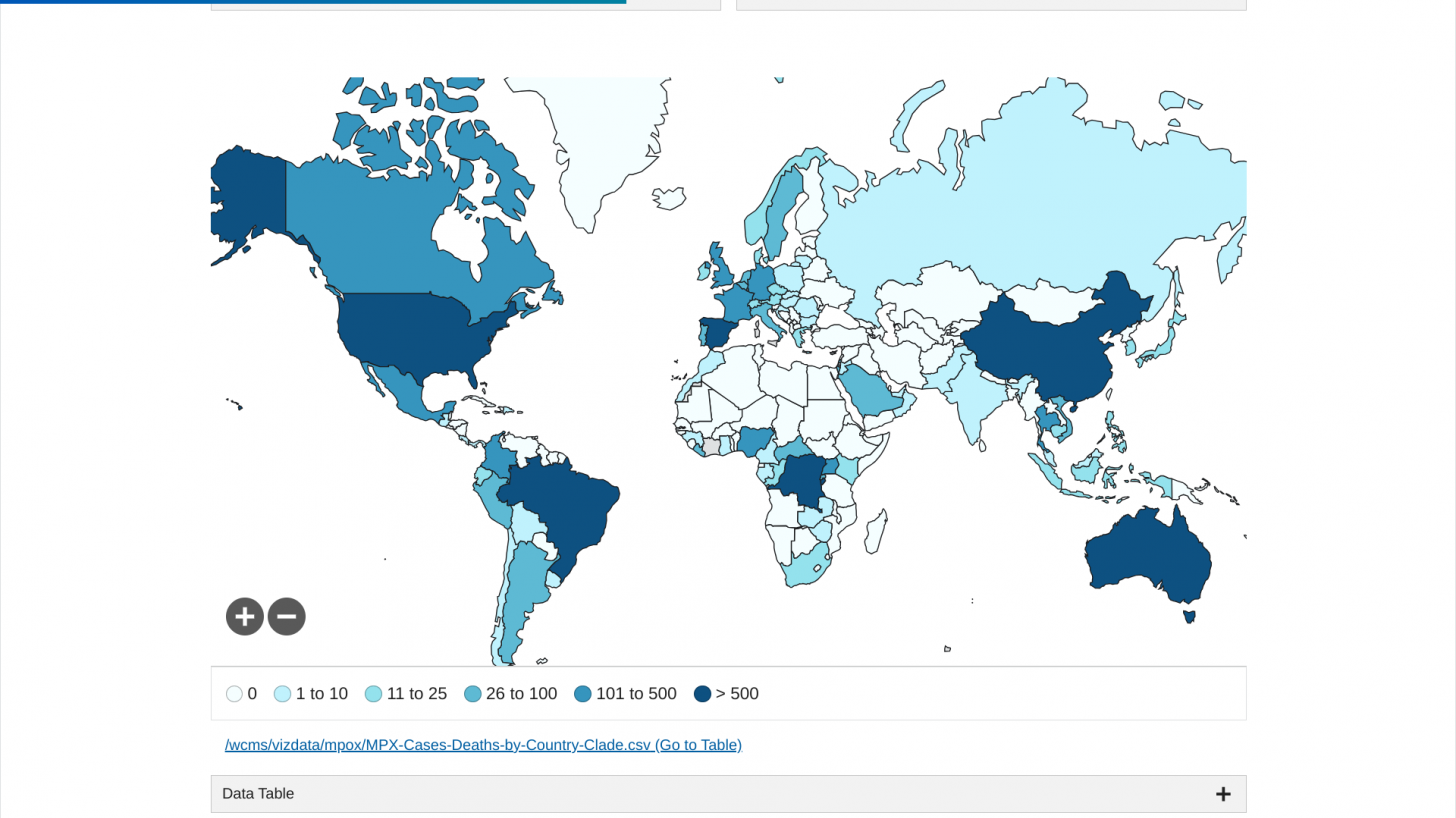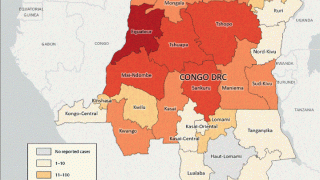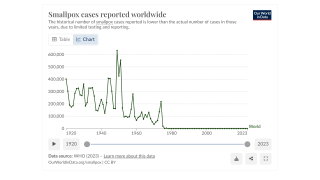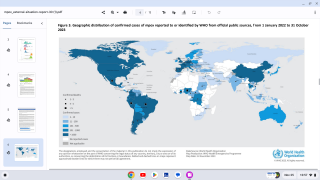Which Mpox Clades Are Impacting Which Countries

Since May 2022, non-endemic countries have reported mpox cases related to international and locally acquired patients from 127 countries/territories/areas.
Globally, from January 2022 through the end of November 2024, a total of 117,663 confirmed mpox cases, including 263 related fatalities, have been reported. This data indicates a Case Fatality Ratio of 0.2%.
To clarify various outbreaks, the World Health Organization (WHO) announced today that it published the Mpox External Situation Report #44, highlighting Mpox virus (MPXV) subclade activity in all six WHO Regions.
Most of the mpox cases in November 2024 were reported from the African region (71.2%), followed by the Western Pacific Region (10.8%) and the European Region (10.2%). The Eastern Mediterranean Region, the Region of the Americas, the South-East Asian Region, and the Western Pacific Region reported significant declines in cases.
In the United States, the first travel-related case was detected in Boston, MA, in late November 2022. This year, 2,455 mpox cases were confirmed, a measurable increase from 2023, when the U.S. CDC reported 1,407 cases.
From a subtype perspective, MPXV clades I and II continue to circulate in different countries, and in a few situations, both clades are co-circulating.
The European Centre for Disease Prevention and Control (ECDC) recently confirmed Belgium became the eighth country outside of Africa to report a clade 1b mpox infection on December 18, 2024, in an adult traveler returning from Africa.
Previously, Sweden and Thailand (August 2024), India (September 2024), Germany (October and December 2024), the United Kingdom (October 2024 and November 2024), and, more recently, the United States and Canada (November 2024) reported Mpox due to MPXV clade I outside the African continent.
Germany's cluster of four mpox cases was due to monkeypox virus clade Ib. The cluster includes one travel-associated case, three household members without travel history, and two children.
Previously, Germany reported one mpox clade Ib case in October 2024 without secondary transmission.
Clade Ia MPXV is found primarily in the Democratic Republic of the Congo (DRC), where it affects endemic provinces and has Clade Ib MPXV is predominantly spreading in the eastern provinces and neighboring countries, with community transmission reported in Burundi, Uganda, Kenya, and Rwanda, and travel-related cases in Zambia and Zimbabwe.
The spread of clade Ib MPXV to new areas seems to occur primarily through transmission among young adults via close physical contact, often sexual contact.
The multi-country outbreak of mpox driven by clade IIb MPXV that began in 2022 showed that sexual contact could sustain community transmission of MPXV.
Likewise, subclades Ia and Ib have also spread through sexual contact; much remains to be understood about the transmissibility and sustainability of transmission through non-sexual direct physical contact.
In settings where virus transmission persists, it is likely driven by a combination of sexual, household, and community contact.
Furthermore, in 2024, co-circulation of clade IIa and clade IIb MPXV was reported for the first time in Côte d'Ivoire and Liberia.
The WHO, ECDC, and the U.S. CDC say that the health risk related to the global population remains low considering the protective measures implemented, including vaccinations. However, it continues to be a significant concern when unvaccinated people visit endemic areas or interact closely with infected people.
In the U.S. and various countries, Bavarian Nordic's JYNNEOS® (MVA-BN®, IMVAMUNE®, IMVANEX®) two-dose mpox vaccine is approved for use in 2024.
Our Trust Standards: Medical Advisory Committee



















